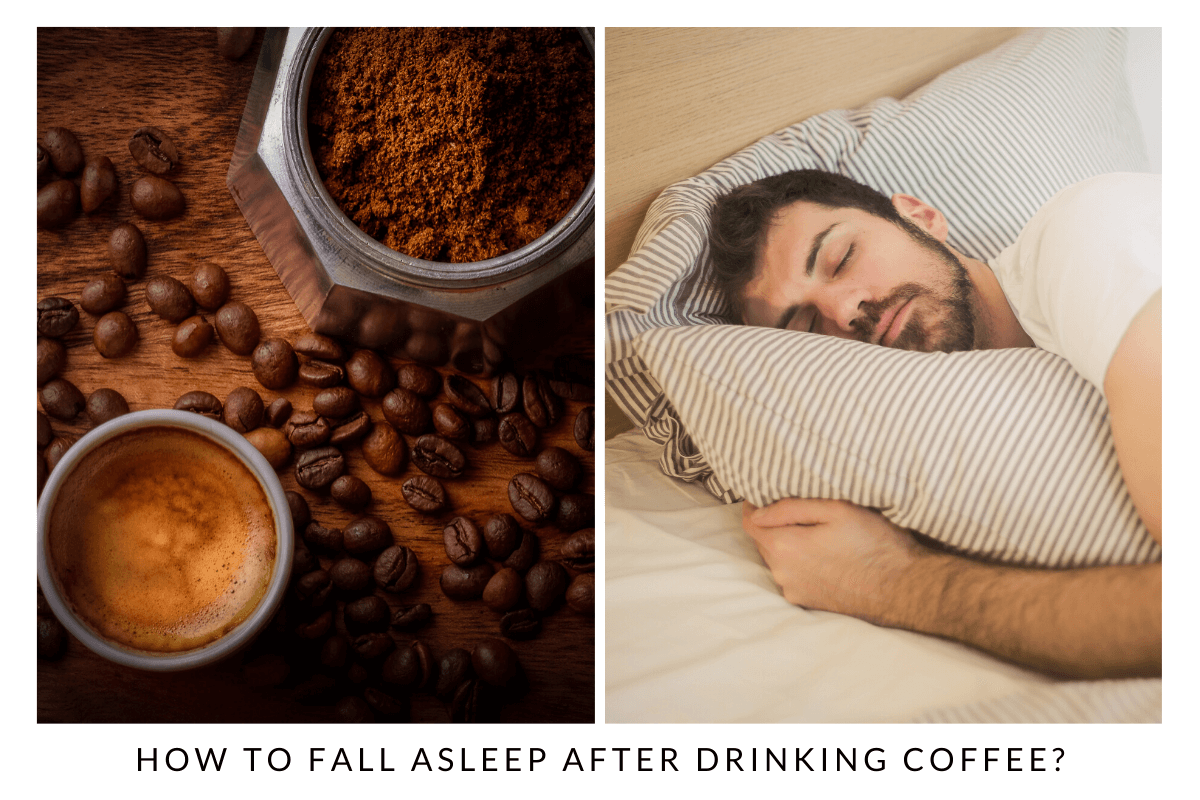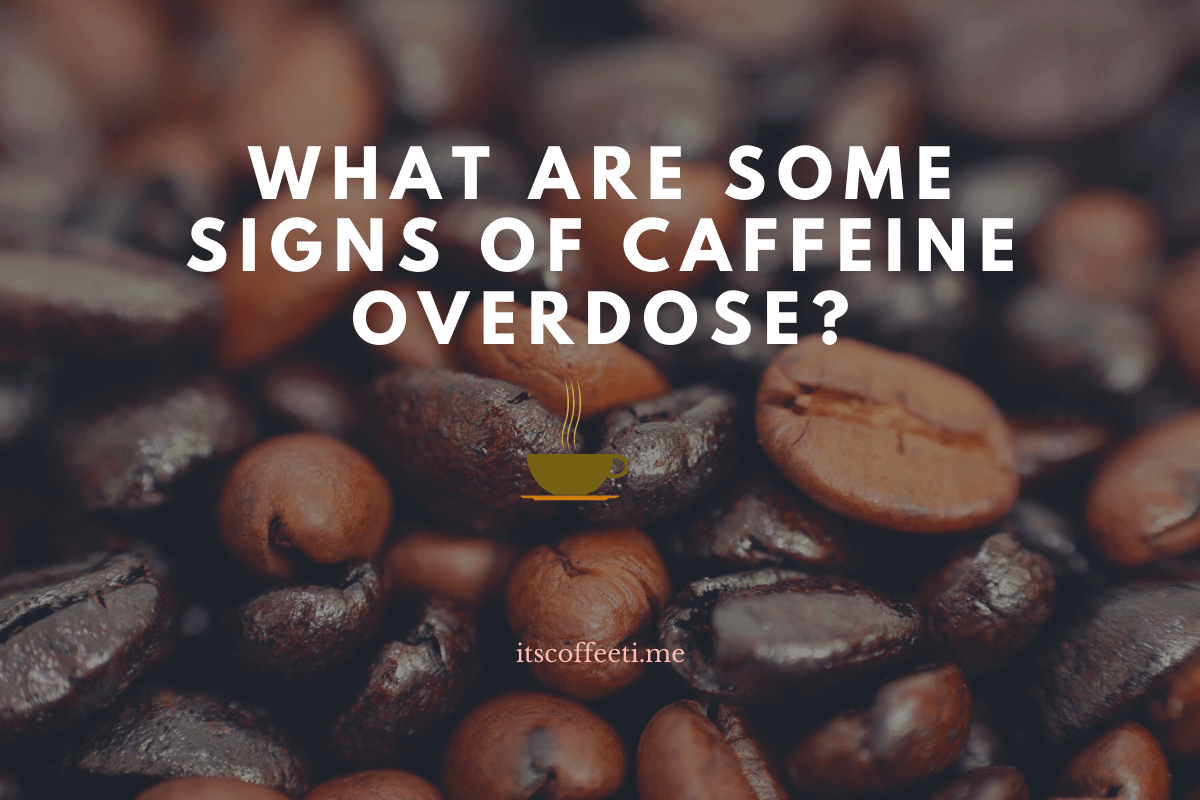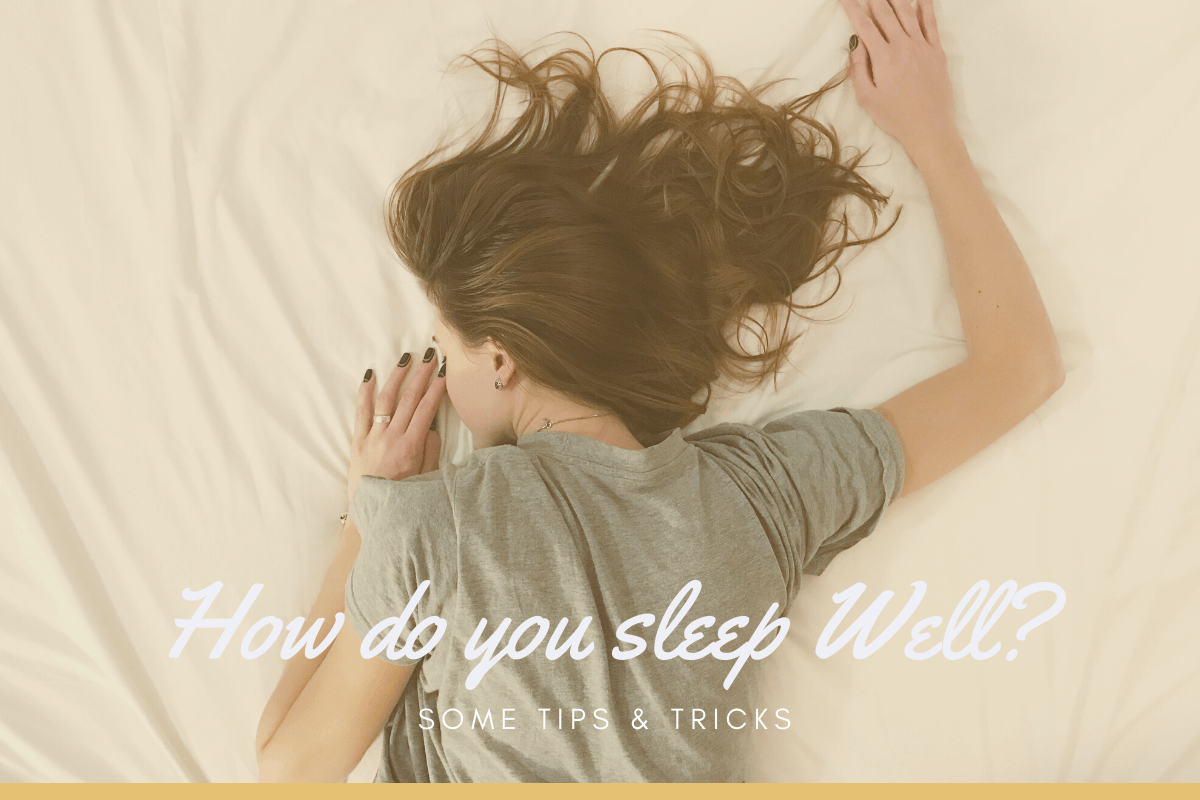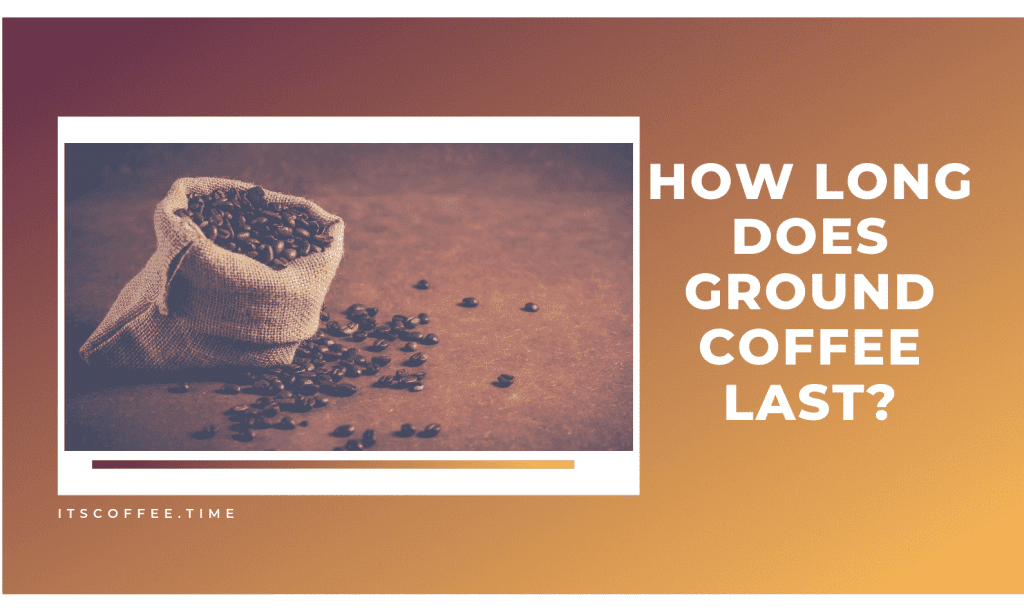How to Fall Asleep After Drinking Coffee: Usually, rely on a cup of fresh coffee in the morning to face the day without feeling drained. Some evenings, though, whether you’re getting ready for a finale or putting the finishing touches on an important presentation, take even more caffeine for additional energy. Although it may seem like a good idea at first, in hindsight, the coffee happened at 15:00. It might harm sleep quality. And there’s a good chance you’ve already figured it out because now you’re struggling to fall asleep after your late-night coffee, but don’t worry, we’re here to help.
How Does Caffeine Affect your Body? How to Fall Asleep After Drinking Coffee
Research shows that drinking coffee has several health benefits for your body, including reducing the risk of various diseases, helping you lose weight, and making you happier and more productive.
But drinking too much or drinking too late during the day can hinder a good night’s sleep. Did you know that your body takes six hours to metabolize half the caffeine you consume? Or that just 90 minutes less sleep can reduce a third’s alertness?
Before drinking that espresso after dinner or a cold drink late at night, try connecting it to a coffee calculator to see how it will affect your night, and consider switching to decaffeinated or herbal tea.
How Much is too Much? How much Caffeine can a Human Intake?
Keep in mind that caffeine studies have shown that it stays in your system for around 5-6 hours, so consuming any amount of caffeine within six hours before bedtime should be considered “too much.”
Since there is no nutritional value in including caffeine in the daily diet, there is no recommended amount of caffeine that you should consume per day. On average, most people have an intake of up to 300 mg per day, with 500 mg or more considered to be an excessive amount.
When determining how much caffeine is a safe amount, individual factors such as weight, age, and overall health should be considered. Considering that some people have a higher tolerance than others, the average healthy adult will want to have less than 500 mg per day.
Read more about How To Make Coffee Creamer at Home?
Since long-term side effects on growth and hormones are not clearly understood, pregnant women should consume less than 200 mg, and children should not consume more than 100 mg per day.
What Are Some Signs of Caffeine Overdose?
You probably already know how addicting caffeine can be. If you’ve ever skipped your regular coffee, soda, or candy intake for a day, you’ll understand the effects of abstinence that result from reducing caffeine. For some, as caffeine tolerance increases, their intake also increases.
As a drug, it is important to remember that it is possible to consume too much or an excessive caffeine dose. While most cases are not life-threatening, the consequences are known to cause seizures or irregular heartbeat. Other signs that you have consumed too much caffeine that includes:
- Diarrhea
- Seasickness
- Headache
- Irritability
- Insomnia
- Anxiety
- Hypertension
How Do you Sleep Well?
Once you’re ready to sleep, how do you shut down your brain with caffeine and fall asleep? An important first step to improving something that researchers call sleep hygiene. This means making sure the sleep environment is set up to help you sleep. This includes daily activities and how you organize your room.
-
Hydration
Caffeine is a diuretic, which means that it dehydrates you. If you drink a lot of coffee, you can accompany it with a lot of water. Being dehydrated can prevent you from sleeping well as it can cause leg cramps, snoring, and dry mouth. Interestingly, studies show that this also works the other way around: not getting enough sleep can dehydrate you. Also, while you sleep, your body loses about a liter of water. Therefore, you will probably want to drink plenty of water during the day, especially if you are also drinking coffee.
-
Try to Relax
It may sound like a cliche, and you always listen to it: before going to bed, try some relaxing techniques and activities to help you fall asleep. The reason it is said repeatedly is that it really works.
On most nights, spending a relaxing night and falling asleep seems like a dream come true, but how can you relax when that third shot of espresso makes you bounce off the walls? On nights like this, it’s when your mind has to take control and rest. Dare to do things you usually don’t even do before going to bed:
- Meditate: meditation is the best mental game. It is known to help slow down breathing and calm the brain. Even 5-10 minutes of sitting in silence and concentrating on breathing can help counteract caffeine’s effects.
- Try Yoga: some yoga poses are good for promoting sleep, but the best you can try, even if you don’t do yoga, is Savasana, everyone’s favorite pose. When you go to bed, lie down in a “corpse” position: on your back, with your arms resting comfortably on your sides and letting your feet open naturally. Don’t try to fall asleep, but try to stay in this position for about ten minutes before resuming your favorite sleeping position.
- Take a bath: if you can, take a bath with essential oils, such as lavender. The calm of the water and the effects of the oils help promote relaxation and relieve the tense muscles caused by that energy drink.
- Read a book: get a good book, or better yet, usually without incident, and settle down on some chapters. The physical act of reading can help to tire the eye muscles and make them close and rest. It also gives the brain something to work on while feeling so awake.
- Drinking tea without caffeine: teas like chamomile and lavender have sedative effects and help you feel sleepy.
Incorporating the above habits into your night routine will also help you fall asleep more easily on your average caffeine intake day.
-
Melatonin
If you have ever had problems with jet lag, you may have tried taking melatonin supplements. Melatonin is the natural hormone in the body that maintains the circadian rhythm, which is your body’s feeling of when to stay awake and sleep. According to the Mayo Clinic, taking additional melatonin can help you sleep.
-
Take a Short Walk
The National Sleep Foundation says that light exercise is one of the best ways to feel tired. We do not suggest that you run 2 miles at 10 pm but take a light walk around the block (as long as it’s not too late in the evening). Walking can be a good way to relax your mind and body before going to bed, and hopefully, it will force some of that extra caffeine energy out of the system.
-
Counteracts Caffeine
Just because you’ve drunk too much caffeine doesn’t mean you can’t try some tricks to offset the effects. While you cannot eliminate caffeine from your body, drinking water will help you eliminate it from your system. And if you’re feeling dehydrated, you can start feeling more nervous, which is even more reason to take H2O again.
Since caffeine can minimize the absorption of certain vitamins and minerals and speed up their excretion from the body, the introduction of these vitamins into the bloodstream can regain control. Try eating fruits such as oranges, strawberries, and other fruits that contain vitamin C. Broccoli is also said to shorten the shelf life of caffeine in the system.
-
Food
Put the sandwiches down! While a midnight raid on the refrigerator can be fun, it can also interrupt the sleep cycle. Eating too close to bedtime can cause digestive problems that disturb sleep, such as acid reflux. You may want to stop eating two to three hours before sleeping.
-
Room Light
When it comes to temperature, light levels help your body decide when it’s time to sleep. Instead of bright ambient light, try a low-power bedside lamp.
You can also avoid blue light, which has been shown to reduce the amount of sleep-inducing melatonin produced by your body. If your mobile phone has a yellow light mode, like Apple’s night shift, try configuring it and look for the bulbs in shades of yellow.
-
Temperature
There’s more to a large room than that intimate feeling under the covers. Low temperatures are associated with drowsiness, while heat corresponds to alertness. As the good night approaches, body temperature decreases, and during sleep, it can drop by a few degrees. You can encourage your body to sleep by lowering the thermostat to ideal sleeping temperatures, between 60 and 67 degrees Fahrenheit.
Still can’t sleep After Drinking Coffee?
Don’t be afraid. Keep the lights dim and try to go back to your book or play quiet music until you start feeling sleepy.
Read more about How to Reduce Bitterness in Your Coffee
Another option? Tell yourself that you have to stay awake. This is known as a paradoxical intention. In simple terms, it is reverse psychology as long as you are connected to caffeine, run with it, telling your brain that you have to stay up all night and that you won’t fall asleep. You’re lying awake anyway; try it because your brain may fall into the trap.
If you’ve tried everything that comes to your mind, you can always take advantage of being awake. Fold some clothes, clean a drawer, clean the bathroom counters, make a shopping list, or write a letter to a friend. Although you may not sleep, you can do some chores and sleep better the next night.
Conclusion: How to Fall Asleep After Drinking Coffee
Remember that losing sleep by taking too much caffeine can affect your tomorrow, such as tiredness or a bad mood. To avoid being back in this same situation, and losing even more sleep, try not to overdo it with coffee tomorrow! Caffeine should not be used as a sleep substitute, so be sure to do your best for the tips above.




